5 Longevity Tips and Hacks to Live Longer (Healthier Habits)
In the quest for a long life, humanity has always sought the elixir of youth. While no single magic pill exists, decades of rigorous scientific research have unveiled a powerful truth: our lifestyle choices are the ultimate hacks to extending not just our life expectancy, but also our healthspan—the period of life spent in good health and vitality. The good news is that many of these “hacks” involve surprisingly simple things and small changes in our daily life that can make a huge difference to our overall health and significantly lower risk of chronic ailments.
This article, presented by “Wellness Warriors,” aims to be an authority in the field of longevity, providing professional, detailed, and fact-backed insights into the best health hacks for a longer lifespan.
Globally, women consistently have a higher life expectancy than men. As of recent data (around 2023-2025 estimates), the world average life expectancy is approximately 75.8 years for women and 70.9 years for men. This gap of about 5 years is observed in almost every country, though its size can vary significantly depending on regional factors and specific societal influences. While biological differences play a role, behavioral factors like higher rates of smoking, risk-taking, and certain occupational health risks among men also contribute to this disparity.

The Unseen Enemy: Chronic Diseases and Early Mortality

Before diving into the solutions, it’s crucial to understand what primarily cause mortality and reduce life expectancy in modern societies. Heart disease and cardiovascular disease stand at the forefront, responsible for a significant portion of premature deaths. Conditions like high blood pressure, high cholesterol, and type 2 diabetes are major risk factors that pave the way for these debilitating illnesses. The modern Western dietary pattern, often rich in processed foods, refined sugars, and red meat, coupled with a sedentary lifestyle, contributes significantly to these health risks.
However, the science is clear: by embracing healthy behaviors and optimizing our lifestyle factors, we can drastically reduce our risk of chronic diseases, including heart attack and Alzheimer’s disease, and pave the way for a vibrant old age.
Hack 1: The Power Plate – Fueling Your Longevity
What we put into our bodies has a profound impact on our long-term health. A healthy diet is arguably the most fundamental longevity hack.
Embrace the Plant-Based Revolution (Mostly!)

The Blue Zones, regions around the world where people live remarkably long and healthy lives (identified by explorer Dan Buettner), consistently highlight a predominantly plant-based diet. This doesn’t necessarily mean strict veganism, but rather emphasizing whole, unprocessed healthy foods from the earth. Think fresh fruits, vibrant vegetables, legumes, nuts, and whole grains.
A recent study and countless others confirm that a plant-based diet is associated with a lower risk of heart disease, certain cancers, and type 2 diabetes. It contributes to lower blood pressure, improved insulin sensitivity, and a healthier body mass index.
The Mediterranean Diet: A Timeless Blueprint
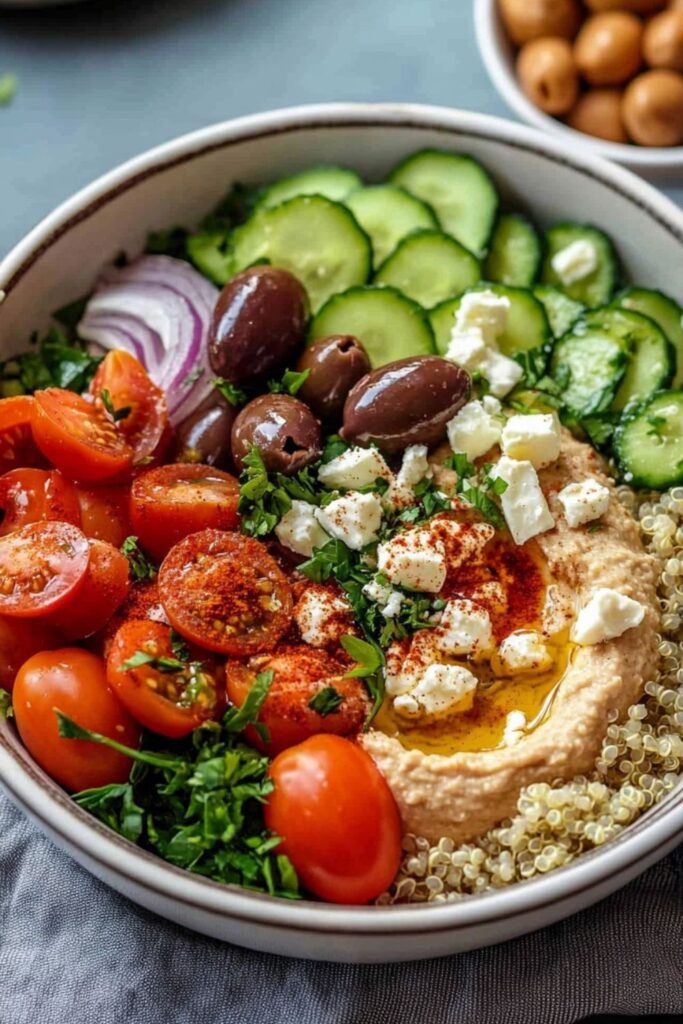
The Mediterranean diet consistently ranks among the healthiest eating patterns globally. It’s characterized by:
- Abundant fruits and vegetables: Providing essential vitamins, minerals, and antioxidants.
- Whole grains: Offering fiber for digestive health and stable blood sugar.
- Healthy fats: Primarily from olive oil, nuts, and seeds, which are beneficial for heart health and reducing inflammation.
- Legumes: A great source of plant-based protein and fiber.
- Moderate fish and poultry: Lean protein sources.
- Limited red meat and processed foods: Reducing intake of saturated fats and unhealthy additives.
A recent review published in the journal “CNN’s Eat” and other prominent health publications consistently shows the health benefits of this dietary approach on life expectancy and reducing the burden of cardiovascular disease.
The Curious Case of Calorie Restriction
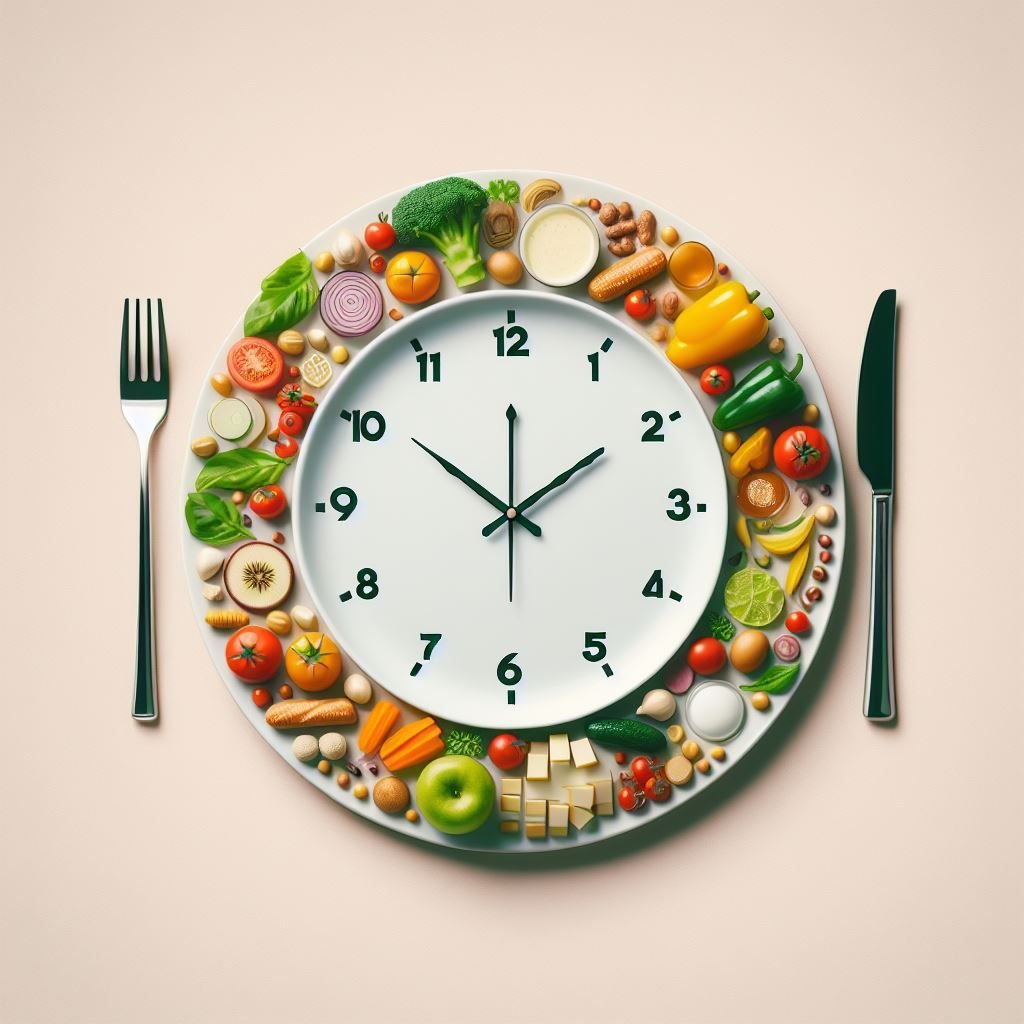
Calorie restriction, consuming fewer calories than usual while still meeting nutritional needs, has shown remarkable effects on lifespan in various animal studies. While direct human application is complex and requires careful monitoring, the concept of mindful eating and avoiding overeating aligns with the habits observed in long-lived populations. The goal isn’t to starve, but to optimize nutrient intake and avoid excessive caloric load. Some research, including findings supported by the National Institute on Aging, suggests that even modest reductions in calorie intake can have a positive effect on metabolic markers linked to aging.
Hack 2: Move Your Body – The Exercise Imperative

Regular physical activity is non-negotiable for anyone seeking a longer lifespan. It’s one of the best ways to fortify your body against the ravages of time and disease.
Aerobic Exercise: The Heart’s Best Friend

Engaging in regular exercise, such as brisk walking, jogging, swimming, or cycling, strengthens the heart and blood vessels. This improves heart rate variability, helps to lower blood pressure, and enhances the efficiency of your circulatory system. The American Heart Association recommends at least 150 minutes of moderate-intensity aerobic activity or 75 minutes of vigorous activity per week. These are crucial steps in preventing heart disease and maintaining a robust immune system.
Strength Training: Building Resilience

While often overlooked, strength training is equally vital, especially for older adults. It helps maintain muscle mass and bone density, which naturally decline with age. This not only improves mobility and reduces the risk of falls but also boosts metabolism and supports overall physical health. Incorporating two to three sessions of strength training per week can yield the best results for long-term health.
The Power of High-Intensity Interval Training (HIIT)

High-intensity interval training (HIIT), characterized by short bursts of intense exercise followed by brief recovery periods, has gained popularity for its efficiency and potent health benefits. A new study suggests that HIIT can significantly improve cardiovascular fitness, insulin sensitivity, and even promote cellular repair mechanisms linked to the aging process. Even if you don’t have much time, short, intense bursts can make a difference.
Hack 3: The Mind-Body Connection – Nurturing Your Inner World

Longevity isn’t just about the physical; mental health plays a critical role. The intricate connection between our minds and bodies is increasingly understood, with implications for our long life.
Stress Reduction: Calming the Nervous System

Chronic stress can have devastating negative effects on the body, contributing to inflammation, weakened immune system function, and an increased risk of heart attack. Practices like mindfulness, meditation, yoga, and spending time in nature can significantly reduce stress levels, calm the nervous system, and promote a sense of well-being. The renowned social psychologist Amy Cuddy‘s research, while focused on power posing, underscores the profound impact of mind-body interactions.
Cognitive Function and Brain Health
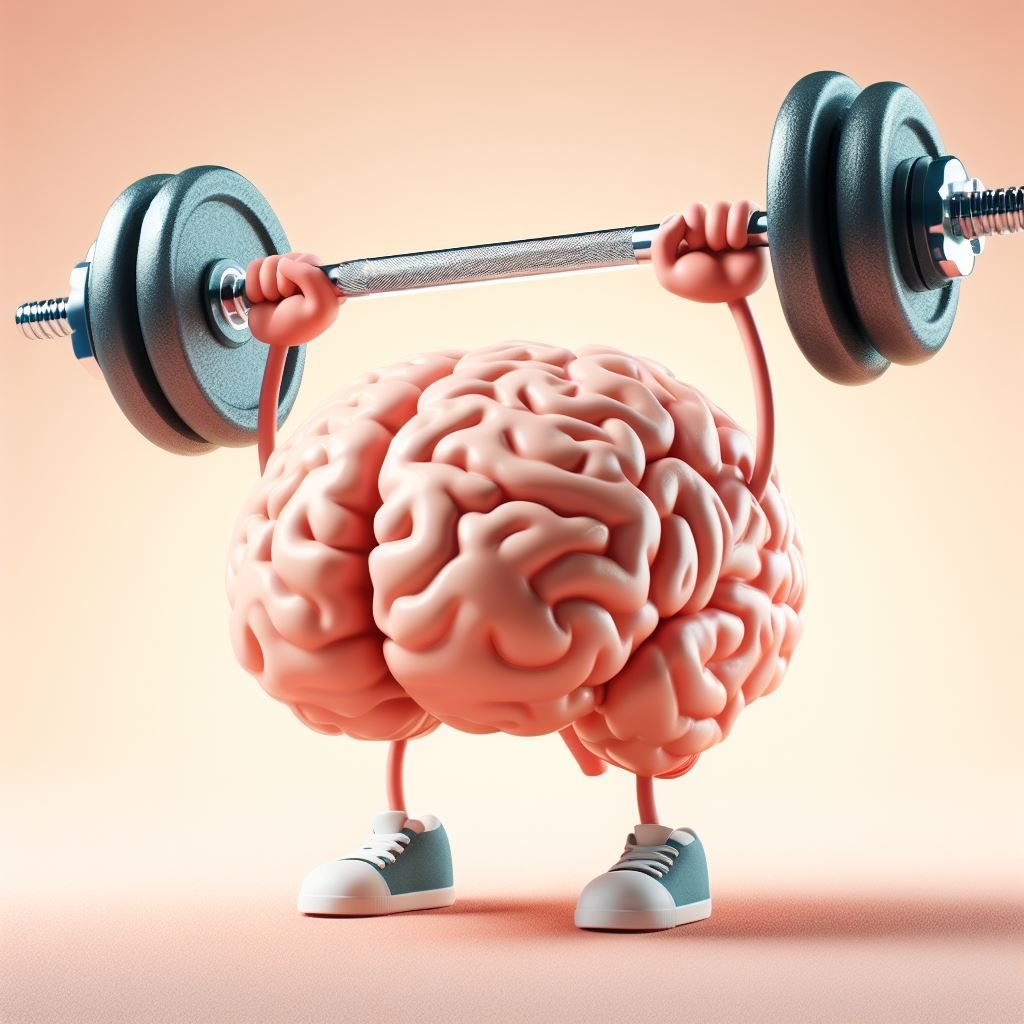
Keeping your brain active is crucial for maintaining cognitive function into old age. Learning new skills, reading, engaging in puzzles, and challenging your mind can help prevent cognitive decline and reduce the lower risk of neurodegenerative diseases. A Harvard Medical School publication emphasizes the importance of lifelong learning for brain health.
The Role of Sleep: Rest and Repair

Adequate, quality sleep is often underestimated as a longevity hack. During sleep, our bodies repair cells, consolidate memories, and regulate hormones. Chronic sleep deprivation increases the risk of chronic diseases, weakens the immune system, and can contribute to weight gain. Aim for 7-9 hours of uninterrupted sleep each night for optimal health outcomes.
Hack 4: The Social Fabric – Connections for a Longer Life
Humans are social creatures, and strong social connections are vital for a healthy life. Social isolation and loneliness have been linked to a shorter life expectancy and increased risk of early death.
Cultivating Meaningful Relationships

Nurturing good relationships with family, friends, and community members provides emotional support, reduces stress, and offers a sense of purpose. People with robust social networks tend to engage in more healthy behaviors and have better coping mechanisms. Studies in the Blue Zones consistently show that strong community ties are a common thread among centenarians.
Beyond Social Media

While social media can connect us, it’s crucial to prioritize authentic, in-person interactions. Excessive reliance on digital connections without real-world engagement can paradoxically lead to feelings of isolation and have negative effects on mental health.
Hack 5: Smart Supplements and Lifestyle Enhancers (with caution)
While no supplement can replace a healthy diet and regular physical activity, some show promise in supporting longevity.
Green Tea: Antioxidant Powerhouse

Green tea is rich in antioxidants called catechins, which have been linked to reduced risk of chronic diseases, improved heart health, and even enhanced cognitive function. Incorporating it into your daily life can be a simple, beneficial habit.
The Emerging Science of Senolytics and NAD+ Boosters

Cutting-edge research is exploring compounds like senolytics, which aim to clear out “senescent cells” (zombie-like cells that accumulate with age and contribute to inflammation), and NAD+ boosters, which aim to restore declining levels of NAD+, a molecule crucial for cellular energy. While promising, these are still largely in the research phase, and “Wellness Warriors” advises a cautious approach, focusing on proven healthy lifestyle practices first. The National Institute on Aging and various research institutions are actively studying these areas.
A Day in the Life of a Longevity Warrior
This individual, let’s call her Anya, isn’t a monk or a biohacker with unlimited resources. She’s a professional in her mid-40s, balancing work, family, and a commitment to her long-term health. Her day is built around consistency, mindful choices, and integrating healthy habits naturally.
6:00 AM: Mindful Awakening & Hydration

- No Snooze Button (mostly!): Anya aims to wake up naturally or with a gentle alarm. She prioritizes consistent sleep, knowing it’s crucial for her immune system and cognitive function.
- Warm Water with Lemon: Her first act is a large glass of warm water with a squeeze of fresh lemon. Simple, yet it kickstarts hydration and aids digestion.
- 10-15 Minutes of Mindfulness/Light Movement: Before diving into her day, Anya practices a short meditation or some gentle stretches. This isn’t a full yoga session, but a moment to quiet her mind, reduce potential stress, and connect with her body. This helps set a positive tone for her mental health.
6:30 AM: Energizing Breakfast – The Plant-Powered Start
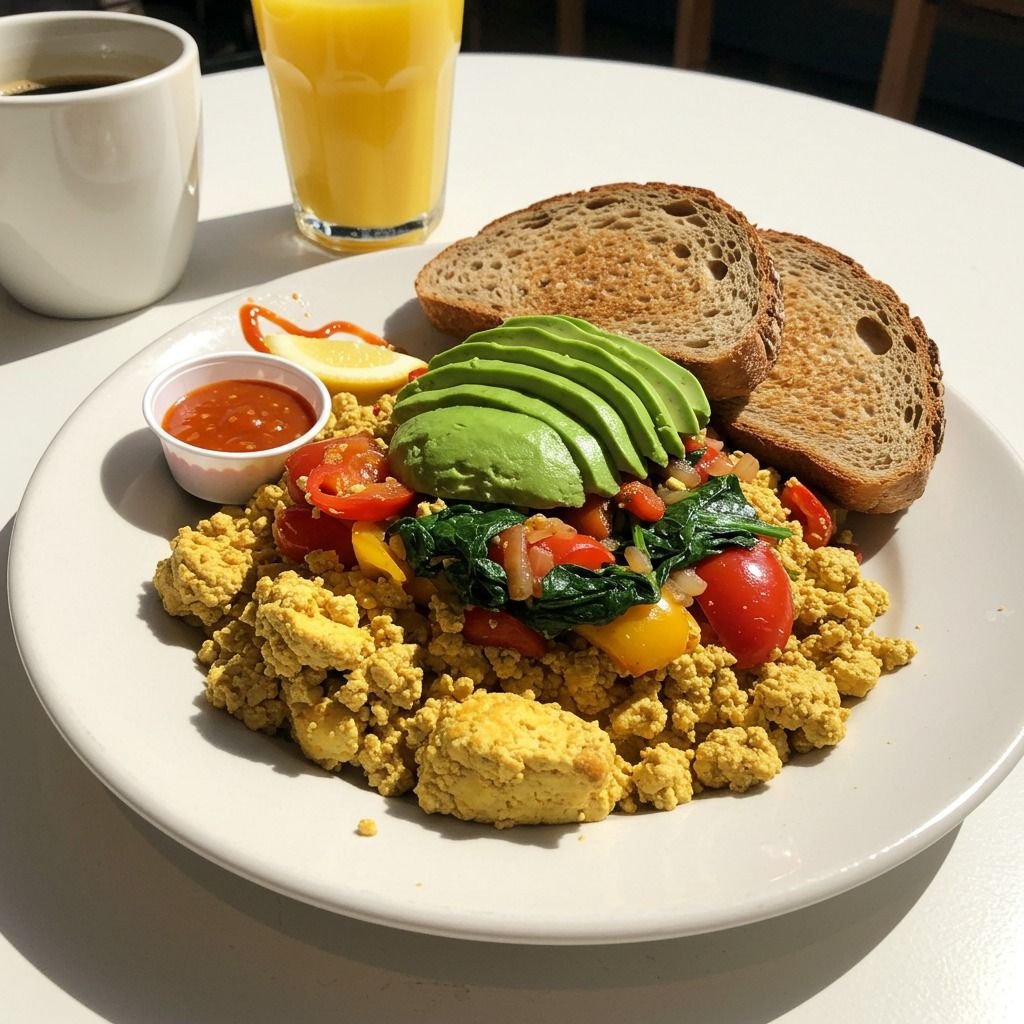
- Whole Grains & Fresh Fruits Focus: Anya’s breakfast is typically a bowl of steel-cut oats (a whole grain) with berries (fresh fruits), a sprinkle of nuts and seeds (healthy fats), and perhaps a spoonful of unsweetened plant-based yogurt.
- Green Tea: She sips on a cup of green tea, benefiting from its antioxidants, instead of coffee every day.
- No Processed Sugars: She avoids sugary cereals or pastries, understanding their negative effects on insulin sensitivity and overall inflammation.
7:30 AM: Commute & Cognitive Boost
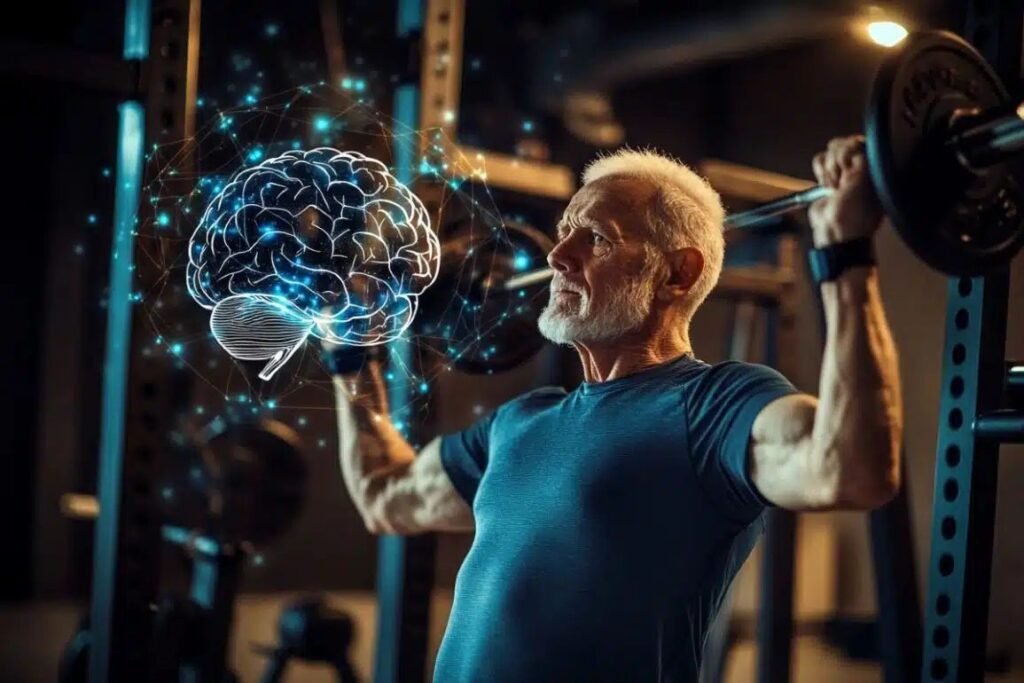
- Active Commute (when possible): If the weather permits and her schedule allows, Anya opts for a brisk walk or bike ride to work, integrating regular physical activity into her daily life.
- Audiobook/Podcast for Brain Health: During her commute (whether driving, walking, or public transport), she listens to an educational audiobook or a thought-provoking podcast, keeping her cognitive function engaged. This is a small hack to ensure her brain is always learning something new, reinforcing the Harvard Medical School Recommendation.
8:30 AM – 12:30 PM: Work & Hydration Focus

- Movement Breaks: Instead of sitting for hours, Anya sets a reminder to stand up and walk around every 45-60 minutes. She might do a quick set of desk stretches or walk to a colleague’s desk instead of emailing. These small changes prevent prolonged sitting, a known risk factor for heart disease.
- Water Bottle Always Present: She keeps a large water bottle on her desk and refills it consistently throughout the morning, ensuring she stays well-hydrated.
- Mindful Snacking (if needed): If hunger strikes, she reaches for an apple, a handful of almonds, or some carrot sticks – healthy foods that provide sustained energy without a sugar crash.
12:30 PM: Longevity-Focused Lunch

- Mediterranean-Inspired: Anya’s lunch is often a large salad packed with leafy greens, colorful vegetables, chickpeas or lentils (plant-based protein), and a drizzle of olive oil. Sometimes it’s a vegetable and lentil soup with a slice of whole-grain bread. This aligns perfectly with the Mediterranean diet principles.
- Avoiding “Heavy” Foods: She avoids ultra-processed convenience foods or heavy, greasy meals that can lead to an afternoon energy slump and contribute to health risks.
1:30 PM – 5:00 PM: Afternoon Work & Stress Management

- Brief Mindful Pause: If the afternoon feels stressful, Anya takes 2-5 minutes to close her eyes, focus on her breath, and practice a mini-meditation. This helps to calm her nervous system and reduce the negative effects of workplace stress.
- Active Problem Solving: When faced with a challenging task, she sometimes stands up and paces while thinking, unconsciously integrating more movement.
5:00 PM: Dedicated Physical Activity – The “Workout Warrior” Slot

- Regular Exercise is Non-Negotiable: This is Anya’s dedicated time for regular physical activity.
- Monday/Wednesday/Friday: She might do 30-45 minutes of moderate-intensity aerobic exercise, like cycling, swimming, or a vigorous outdoor walk. She also incorporates 15-20 minutes of strength training using bodyweight or resistance bands.
- Tuesday/Thursday: She might opt for a high-intensity interval training (HIIT) session at a local gym or a fast-paced run for 20-30 minutes, or even a yoga class focused on flexibility and strength.
- Monday/Wednesday/Friday: She might do 30-45 minutes of moderate-intensity aerobic exercise, like cycling, swimming, or a vigorous outdoor walk. She also incorporates 15-20 minutes of strength training using bodyweight or resistance bands.
- Tuesday/ThursdayShe might opt for a high-intensity interval training (HIIT) session at a local gym or a fast-paced run for 20-30 minutes, or even a yoga class focused on flexibility and strength.
- Focus on Consistency, Not Extremes: Anya knows that consistency is key. Even on days she feels tired, she aims for at least a brisk walking session, understanding that any movement is better than none for long-term health.
6:30 PM: Connecting & Cooking

- Social Connections: This is often when Anya connects with her family. If living alone, she might call a friend or plan an activity with her social connections later in the evening, combating social isolation.
- Home-Cooked Dinner: Dinner is typically prepared at home, allowing for control over ingredients. It’s another plant-based diet heavy meal – perhaps a stir-fry with tofu and lots of vegetables, a bean chili, or baked fish with roasted vegetables. She limits red meat consumption to once or twice a week, if at all.
8:00 PM: Wind-Down & Brain Boost

- Evening Walk/Light Activity: After dinner, Anya often takes a short, leisurely walk with her family or alone. This aids digestion and provides a final burst of gentle movement.
- Reading/Hobbies (No Screens): She swaps late-night TV or endless social media scrolling for reading a physical book, doing a puzzle, or engaging in a hobby. This protects her mental health from the negative effects of blue light and overstimulation, preparing her for sleep.
- Journaling/Gratitude: Before bed, she might spend a few minutes journaling or listing things she’s grateful for, reinforcing positive emotions and reducing anxiety. This is one of the best ways to unwind.
9:30 PM – 10:00 PM: Prepare for Sleep & Recharge

- Consistent Bedtime: Anya aims for a consistent bedtime, even on weekends, to regulate her circadian rhythm. This ensures she gets enough sleep, vital for her immune system and overall repair process.
- Dark, Cool, Quiet Room: Her bedroom is optimized for sleep – dark, cool, and quiet.
- No Screens in Bed: She avoids phone, tablet, or laptop use in bed to ensure a restful night.
Throughout the Day:

- Mindful Eating: Anya eats slowly, savouring her food and listening to her body’s hunger and fullness cues. This helps with weight loss and healthy weight maintenance.
- Positive Mindset: While not explicitly scheduled, she consciously practices gratitude and resilience, understanding their powerful impact on mental health and overall health outcomes.
- Flexibility and Forgiveness: Anya understands that not every day will be perfect. If she misses a workout or has an indulgent meal, she doesn’t beat herself up. She simply gets back on track the next day. The key is consistent healthy behaviors over time, not rigid perfection.
This “typical day” demonstrates how integrating these longevity hacks doesn’t require a complete overhaul, but rather a series of intentional, simple daily habits that collectively lead to a healthier life and a greater chance of experiencing a long life with vitality. It’s about making small changes that accumulate into best results for overall health.
Your Personal Longevity Playbook

Living a long life full of vitality is not a matter of luck, but a result of intentional lifestyle choices. While our genetic code plays a part, research, including a new study from Oxford, increasingly shows that lifestyle factors have a far greater impact on our life expectancy and health outcomes than previously thought.
The ultimate hacks to live longer are not complicated secrets or expensive interventions from a “lifeforce experience loads” website. They are foundational principles of well-being: prioritizing a nutrient-rich, predominantly plant-based healthy eating pattern like the Mediterranean diet, engaging in consistent regular physical activity that includes both aerobic and strength training, nurturing your mental health through stress reduction and cognitive engagement, and fostering strong social connections.
These simple daily habits are the best ways to build a robust immune system, keep your blood vessels healthy, maintain a healthy heart rate, and drastically reduce your risk of death from preventable diseases. It doesn’t take a lot of time to incorporate these changes; even small changes made consistently by conscientious people can lead to profound and lasting health benefits. Embrace these science-backed strategies, and you’ll be well on your way to becoming a true “Wellness Warrior,” living a healthier life for years to come.
